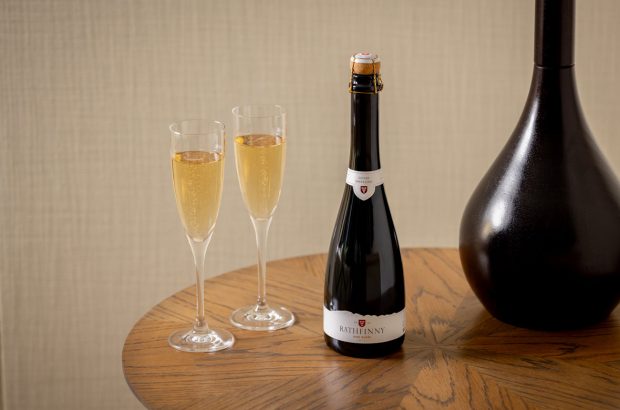The UK coalition government’s decision to ban ‘below cost’ alcohol sales has been backed by Tesco and other supermarkets.
Tesco – the third largest retailer in the world and the UK’s biggest – said in a press release today that it ‘welcomed the commitment’ as part of the government’s raft of measures to cut down on alcohol abuse.
Sainsbury’s, the UK’s third-largest retailer, said it disagreed with minimum pricing and did not sell alcohol below cost.
‘There have been many attempts over the last couple of years to define the term “below cost”. We do not sell alcohol below duty plus VAT, which is the most commonly used term to define below cost.’
In 2007 the Campaign For Real Ale (Camra) found Sainsbury’s and other supermarkets, including Tesco, selling Carling and Fosters lager at the equivalent to of 43p-54p per pint – a few pence more than bottled water.
‘We believe that introducing a minimum price for alcohol would unfairly penalise our shoppers, the vast majority of whom buy alcohol as part of their weekly shop and drink responsibly in their own homes,’ Sainsbury’s added in its statement.
Waitrose said it ‘backs the Government’s proposal to ban supermarkets selling alcohol below cost. In line with its responsible approach to alcohol sales and promotions, Waitrose is supportive of the coalition’s proposals to change consumer behaviour.’
It added it ‘never sells alcohol below the level of duty plus VAT in accordance with the Wine and Spirit Trade Association (WSTA) definition of below cost.’
The government plan – similar to plans already before the Scottish parliament – is to prevent retailers selling alcohol for less than it costs the retailer to buy from the industry. This would curtail the widespread availability of cheap drinks on the high street and in supermarkets.
Loss-leading sales of wines in ‘two for one’ and similar promotions would also be affected.
While Decanter disagrees with the idea of minimum pricing, it is wholly in favour of a ban on loss-leading promotions.
Editor Guy Woodward has argued that a ban on such ‘fundamentally dishonest’ practices would be ‘a victory for common sense’.
‘The real problem,’ he wrote in this year’s March issue, ‘lies with supermarkets who use wine as a loss-leader, slashing margins, bullying suppliers and dragging down prices in order to attract customers in store.
‘Selling wines at a loss helps neither consumers nor the trade. The public gets in the habit of spending less on wine, thereby exposing themselves to lower quality, while producers are then pressured into producing ever cheaper wine, at lower quality, for less profit – a particularly vicious circle.’
Tesco said its decision to back a ban on below-cost selling and support the introduction of compulsory minimum pricing was a response to customer concerns that ‘the availability of cheap alcohol contributed significantly to problem drinking in the UK.’
The Wine and Spirit Trade Association – which opposes minimum pricing on the basis that it penalises responsible drinkers – said it supported a ban in below cost selling.
It added, ‘However, we do not believe that alcohol pricing and taxation provide the solution to alcohol misuse. What’s needed is education and rigorous enforcement of laws to address misuse and related anti-social behaviour.’
While organisations such as Alcohol Concern welcomed the government announcement yesterday, others were less positive.
Andrew Opie, food policy director of the British Retail Consortium, echoed the WSTA when he told the BBC, ‘Irresponsible alcohol consumption is not about price, it’s a cultural issue.
‘Below cost selling is simply not the widespread practice portrayed but we are happy to discuss this with politicians should they wish to pursue this further.’
The new Conservative-Liberal Democrat Coalition also pledges to ‘review alcohol taxation and pricing to ensure it tackles binge drinking without unfairly penalising responsible drinkers, pubs and important local industries.’
Written by Adam Lechmere




